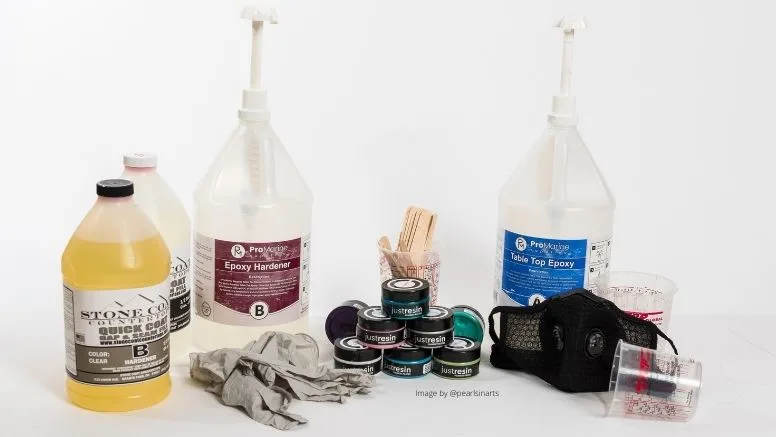Does resin melt, or is it just a myth? To put it out there – Some people say it melts while others say that it doesn’t. But, what’s the reality to it?
Pure resin DOES NOT MELT. What happens is that the polymer chain starts to disintegrate when heat is applied to resin, as it is a thermosetting polymer. As the breakdown occurs, resin starts to soften. Many people often perceive this process as MELTING, when it actually isn’t! It is just chemical disintegration!
Therefore, there’s no pure resing melting point. Asking what temperature does resin melt doesn’t make sense, although you can ask when this softening and breakdown begins.

At what temperature does resin melt?
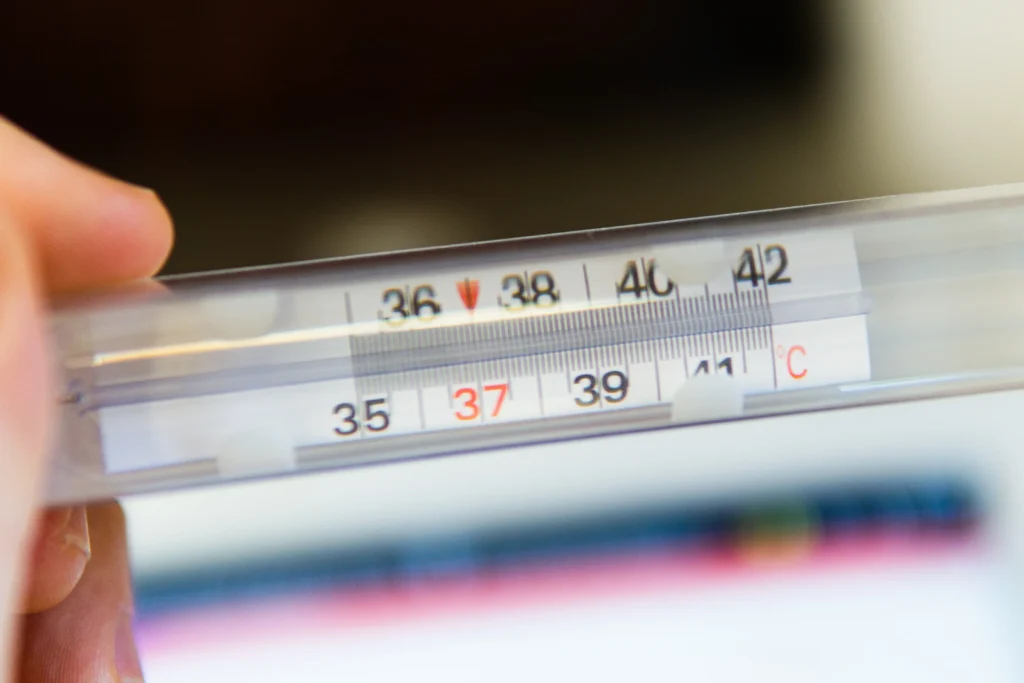
First of all, it doesn’t melt.
Asking at what temperature does resin melt really means the point at which it begins to chemically decompose through heat.
However, if it is the softening and disintegrating that we are talking about, the so-called ‘resin melting point’ is different for different resin variations.
In this sense, what temp does resin melt depends on the exact type and other factors. Does resin melt in heat in this sense means during the manufacturing process.
Different materials have different melting points during the process of manufacturing resin.
Here’s some data regarding the melting temperatures of plastic resin during PROCESSING.
| Substance | Melting Point (°F) |
| ABS High | 510-540 |
| ABS Med I | 440-510 |
| Acrylic Gen Purpose | 420-485 |
| Acetal | 380-420 |
However, these temperatures are only applicable to the processing stage while making typical plastic resin.
The melting point of resin being discussed here only refers to this processing stage, not the resultant final product.
The final product – ‘resin,’ DOES NOT melt.
Some people also ask, does resin melt in the sun? What they are referring to is the ability of the sun’s UV rays to slowly deteriorate a resin piece if directly exposed to sunlight.
If you’re wondering can epoxy melt after cured, meaning can it chemically deteriorate, the answer is yes.
Does resin melt easily?

As we mentioned earlier in the article, solid resin does not melt.
The polymer chain might break down, but that’s pretty much it.
So, asking what temperature does resin melt doesn’t actually make sense. How to melt resin is really referring to this chain breakdown and softening, not technical melting.
So does resin melt effortlessly? IT DOESN’T even melt, let alone talk about melting easily.
However, if we are talking about the melting point of epoxy resin in terms of softening, then there is a temperature at which that process begins.
So, when thinking does resin melt in heat, there is a way in which it does and a way in which it doesn’t.
However, there is one condition that may apply when talking about melting resin.
When the resin is fully cured, it can get soft or melt even with so much sun exposure.
So, does epoxy resin melt in the sun? Yes, if we mean softens.
Does resin melt in the sun?

So, can you melt resin in the sun instead of just heat? Resin does not melt in the sun; this is due to the chemical compound found in resin.
It can melt in the sun under ONE condition only.
And that condition is that if you cure it.
If you ask does epoxy resin melt in the sun? The answer is that it will become soft and sticky over time when exposed to the sun.
Cured resin can melt even in bare SUNLIGHT. So, asking does resin melt in the sun depends on the kind used.
Little heat might melt cured resin too!
Does resin melt plastic?

When talking about using resin as an adhesive to glue plastic together, you have to try it out for yourself.
It proves as a decent adhesive when it comes to binding wooden, aluminum, and glass objects.
IT DOES NOT BIND things made out of Teflon, Mylar, polypropylene, nylon, or polyethylene.
Not sure which material your plastic is made of?
Well, try it out yourself and test your luck!
Talking generally, NO resin does not melt plastic while using it as an adhesive.
The answer to whether does resin melt plastic is different for some materials though.
However, there may be certain conditions in which plastic MIGHT melt when the resin is poured over it. The melting point of epoxy resin is high enough that when poured into some plastics, it can affect them.
Such may be a condition when a cup of mixed epoxy resin sits on a plastic sheet and is heated.
The plastic sheet will lose its shape and show evidence of melting.
However, these boards can prevent this headache if waxed Melamine boards are used over plastic sheets.
Does resin melt Styrofoam?
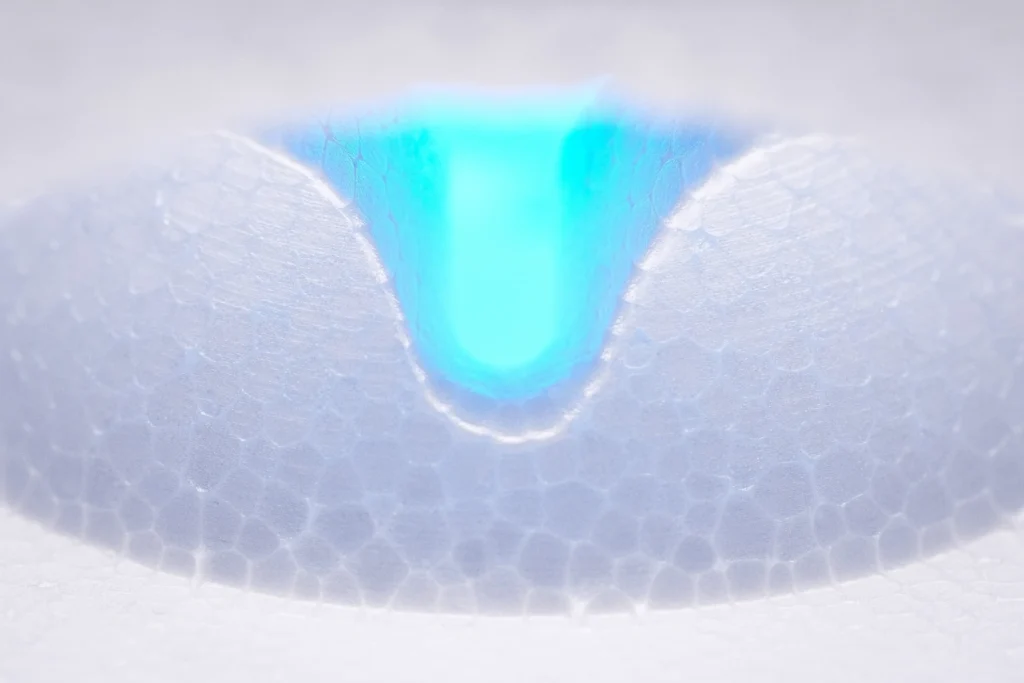
In short, the answer is YES. The resin will eat your Styrofoam if used directly on it.
Polyester resin can under no circumstances be used to coat Styrofoam!
The answer to the question ‘can resin melt styrofoam?’ may actually be quite surprising compared to other things on our list. The resin will react with the styrene part of the Styrofoam, and the Styrofoam surface will appear to be melted.
This doesn’t have to do with the epoxy melting point, but rather a kind of reaction.
You cannot even apply Epoxy resin due to the same reason.
However, there’s a catch to this!
Polyurethane resin works perfectly well on Styrofoam without any damage to it and that too without having to do anything extra!
Does resin melt in fire?
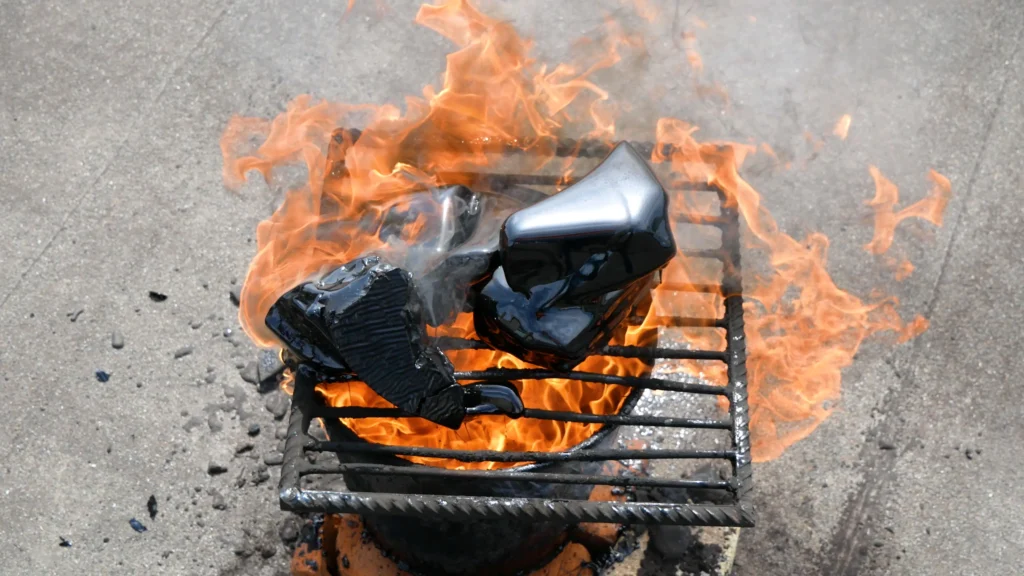
Wondering how to melt hardened resin and thinking of extreme measures?
NO, the resin cannot melt in fire. The logic is similar to the one mentioned above.
Resin cannot be melted under any circumstances. We’ve seen that what temp does resin melt needs to be rethought in terms of softening and decomposition.
What most can happen is that its polymer chain might break, but that’s pretty much it to this UN-melt(able) bad boy.
In the presence of oxygen, the resin polymer chain breaks into individual molecules that formed the resin polymer in the first place.
Thus, you can’t melt resin using fire, although it is affected by fire.
Does resin melt in water?
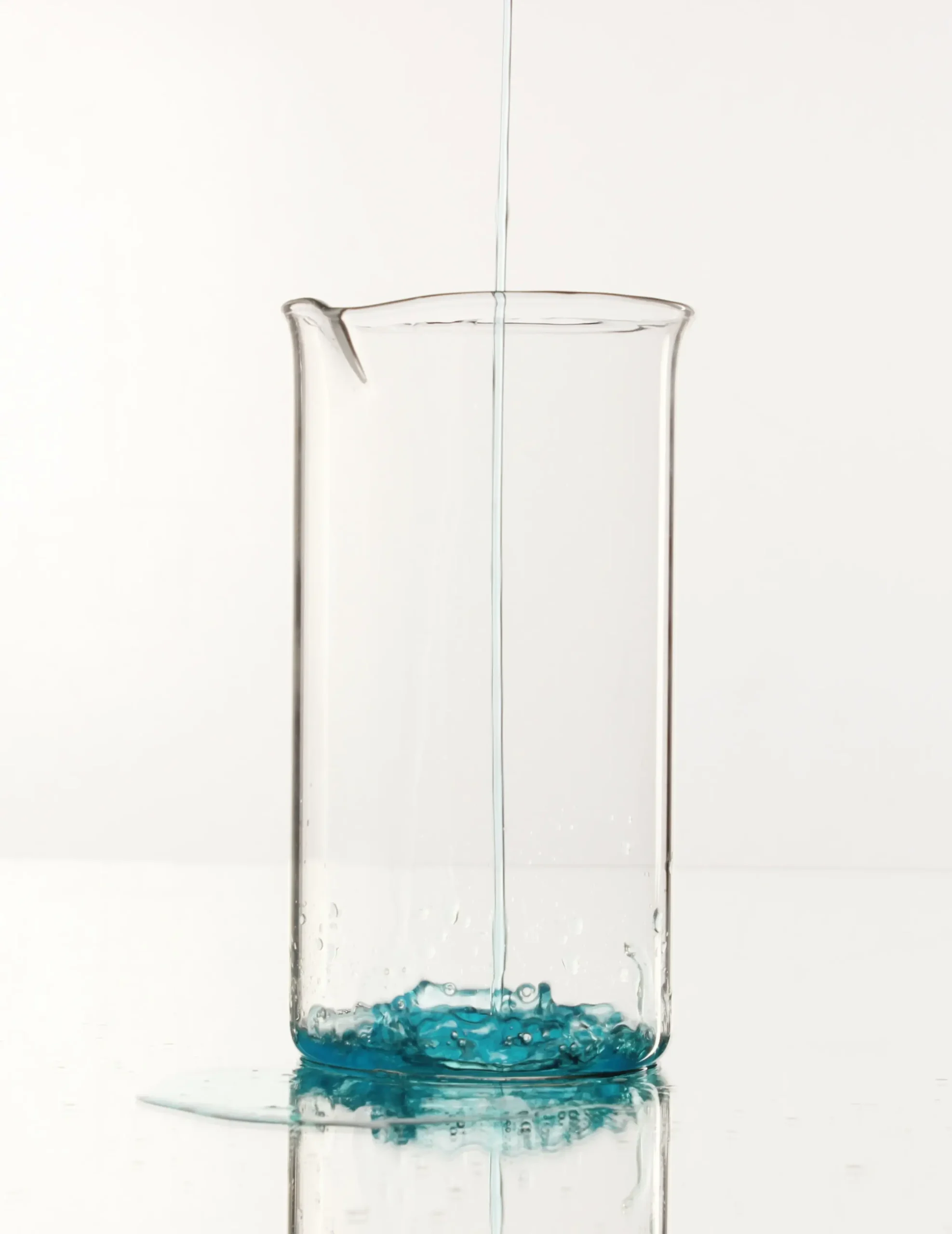
Similar to the above, if you are wondering how to melt hardened resin and going for boiling water, it’s not going to work. Resin cannot be melted in the water, whatever the temperature of the water.
Try submerging an object on which you have applied resin in boiling water.
The melting point of resin doesn’t change when submerged in water.
You will get proof the resin does, in fact, not melt in water.
It doesn’t even move or thicken; it remains how it initially was before putting and leaving it in hot water. Thus, you can’t melt resin in water.
Does resin melt plastic cups?

The answer to this question is again hostile. Can resin melt plastic cups?
No, resin does not melt plastic cups.
Surprisingly, hard plastic cups are advised to be used when mixing epoxy resin.
Epoxy resin does not even stick to the surface of the plastic cups and makes your mixing job much more manageable.
These plastic cups can then later be effortlessly washed and cleaned to use again next time.
Does cured resin melt?

Wondering can epoxy melt after cured? Or how about can resin melt after cured?
Yes, the cured resin can be melted quickly.
Possibly this is the only variation of wax that can be melted or softened easily with so much as sun’s heat or even a little heat from any external object.
However, they become hard again when the temperature is lowered.
Thus, the question does resin melt changes its tune when cured.
Does epoxy resin melt?
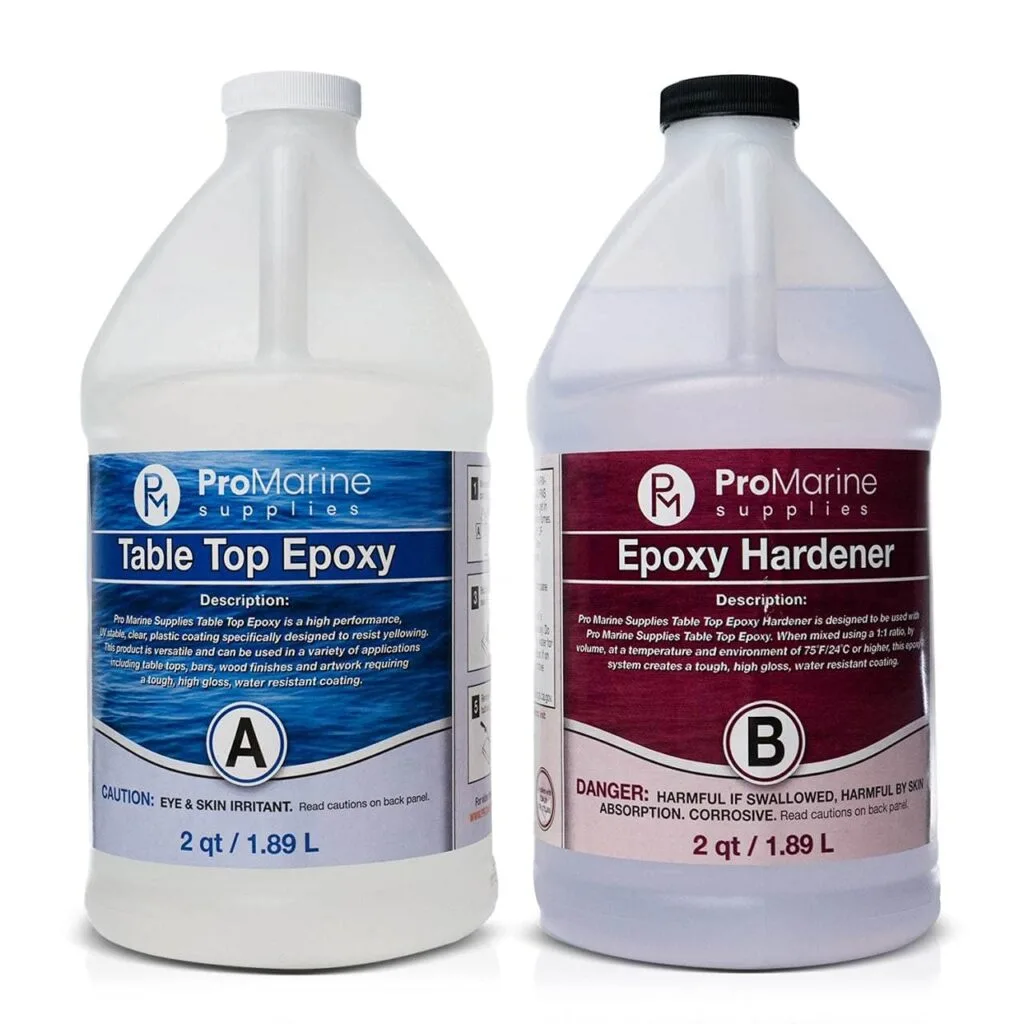
To put it plainly out there –It is extremely RARE for the epoxy resin to melt completely. The epoxy resin melting point doesn’t truly exist, but it does change chemically at certain temperatures.
However, epoxy resin does seem to SOFTEN at some temperatures.
How about can epoxy melt after cured? An epoxy melting point, meaning its softening point, can be found after it is cured.
Epoxy resin starts to unstiffen and becomes thick at temperatures nearing 140 degrees Fahrenheit.
However, if the temperature is decreased, epoxy will begin to stiffen and settle once again.
Epoxy resin is fairly durable in that way, as long as you don’t do anything too extreme to it.
Can resin be melted and reused?

NO, the resin cannot be melted and reused. It cannot even be melted.
Asking at what temperature does resin melt doesn’t work in the literal sense, but does make sense in looking at the point of decomposition.
Resin is nowhere near thermoplastics that can be melted and then later molded or shaped for reuse.
This is true whether you are wondering can resin melt after cured or reused.
Once the resin has been formed after the polymerization reaction, you don’t even have a chance at melting and reshaping it.
You can cut and grind them into a new shape, but you cannot melt and use molds to create another figure.
Other related topics:
- 25 Resin Alternatives That Are Cheaper and Eco-friendly
- How to Dry Resin Fast
- Will Fiberglass Resin Stick?
- Is Resin Heavy?
- 9+ Best Acrylic Painting Supplies
- Acrylic Pouring Supplies You Actually Need
- 25 Must-Have Drawing Tools for Beginners
Conclusion
Resin has changed the processes in today’s industry by providing use in paints, coatings, adhesives, and has constructional benefits, such as in woodwork.
We’ve looked at how to melt resin in many different ways and what that really means.
The short answer to the question (can resin be melted) is NO unless it is ‘cured resin’ that we are talking about. There you have IT!
This includes everything from epoxy resin to other kinds.
The epoxy resin melting point is around 140 degrees Fahrenheit if we’re talking about the point at which it begins to break down, but this is different than true melting.

